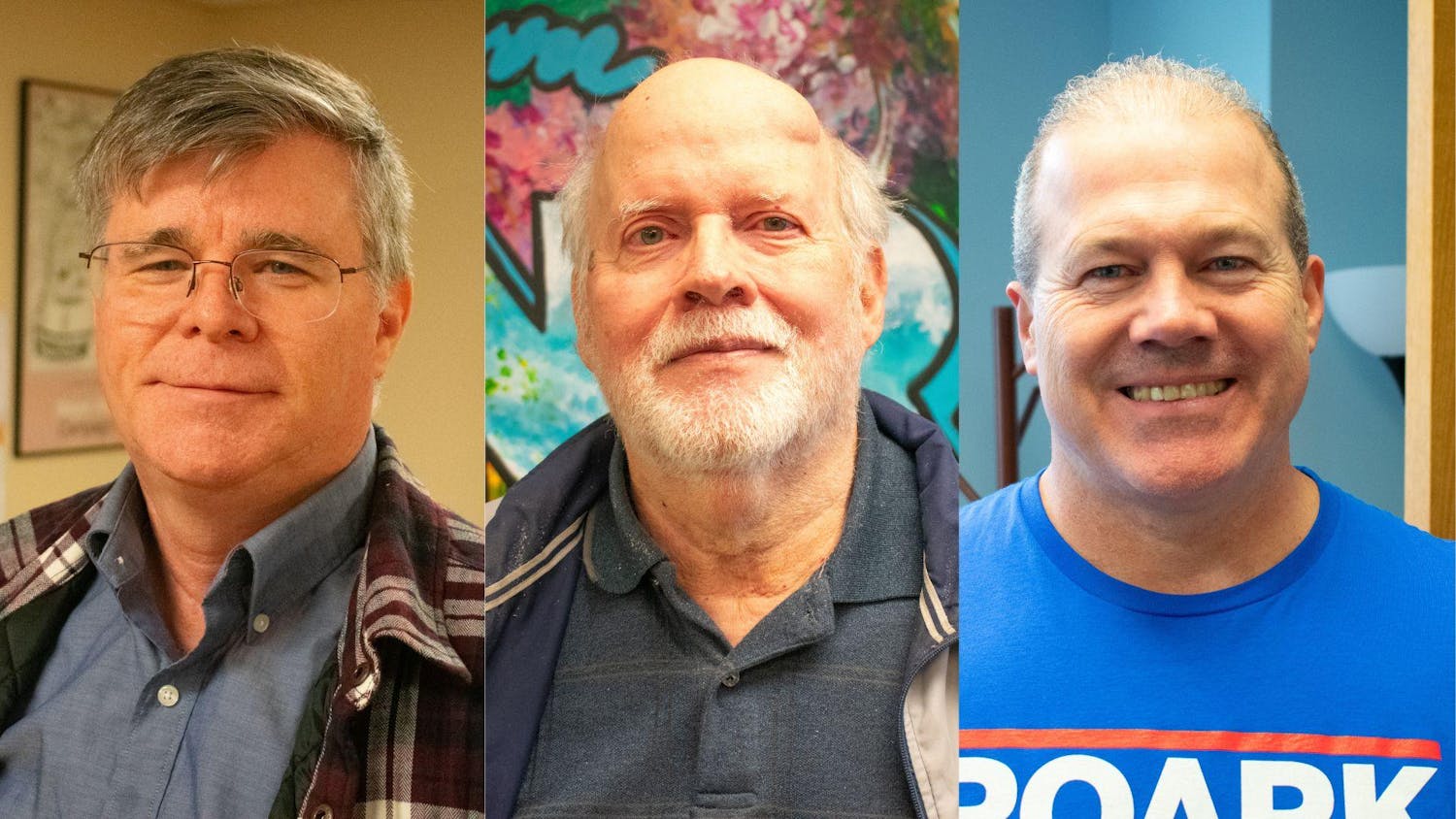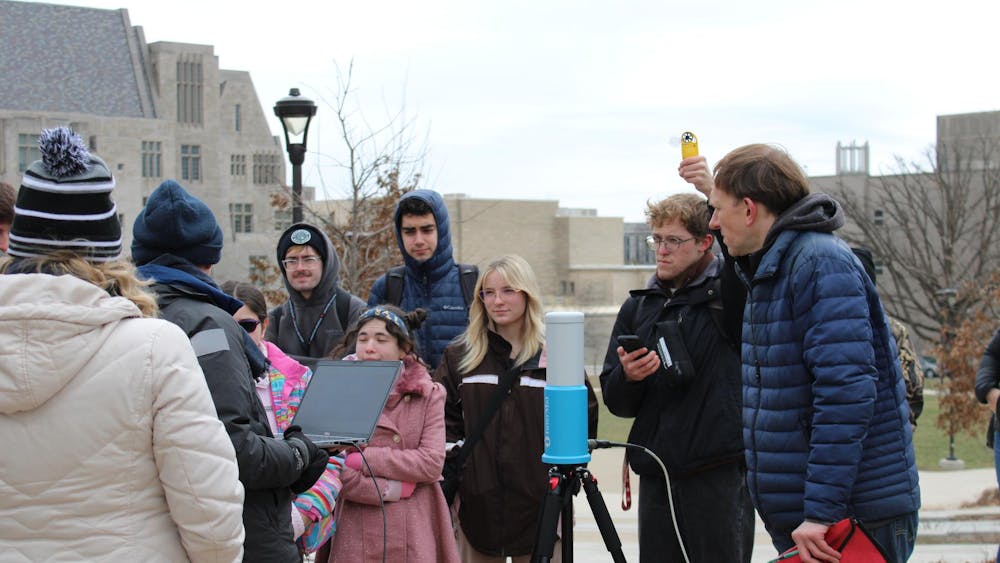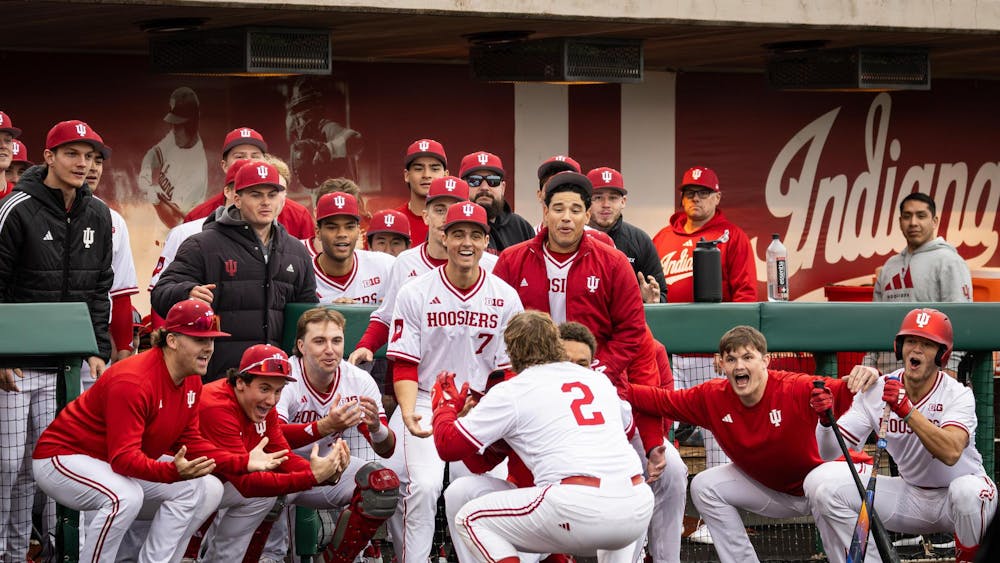CAPE TOWN, South Africa – If cans of Coca-Cola reach the most marginalized communities in the world, why can’t vaccines do the same?
An Australian surgeon asked this question at a United Nations convention about global health in late August in Melbourne, Australia.
The discussion that followed was refreshingly honest and, to my relief, inspirational.
Big changes are happening in the way a few global leaders think about reaching the poor.
Amid the stale, stuffy debates in the UN, the World Bank and non-governmental organizations that spend more on pamphlets than on people, fresh air is leaking in, especially from the Bill & Melinda Gates Foundation.
The Coke-vaccine comparison is a sort of evergreen question in global health circles. It’s been used for years, and it will likely be around for many more years or even decades.
Melinda Gates used the Coke-vaccine juxtaposition in a speech during the recent UN summit about the Millennium Development Goals, which took place in New York in
late September.
Her answer to the Coke-vaccine question focused on demand.
“Ultimately, Coke’s success depends on one crucial fact,” Gates said. “And that is that people want a Coca-Cola.”
It’s Coke’s “aspirational marketing” that is the key to its wide reach, she said.
Consider Coke’s current slogan: “Open Happiness.” The campaign equates drinking a Coke to achieving a lifestyle, and it tailors this message to different cultural ideals.
In America, Coke ads often appeal to beauty and feeling good. In many Latin American countries, the ads appeal to family life. In South Africa, Coke ads appeal to community and togetherness.
How does this aspirational, localized marketing approach apply to global health?
It’s a paradigm shift.
Public health campaigns in developing countries reek of top-down, outsider paternalism and appeal to avoidance. “Wear a condom.” “Get tested.” “Wash and rinse.” “Use a bed net.”
Somehow, health campaigns need to appeal to lifestyle aspirations rather than disease avoidance and capitalize on people’s real wants and desires.
But the answer to the Coke-vaccine question is two-pronged. The first part is about demand and marketing. The second part is about supply.
Why don’t pharmaceutical companies develop vaccines for the developing world’s “Big Three” communicable diseases: malaria, tuberculosis and HIV/AIDS? Treatments exist for these diseases, but there are no vaccines to prevent the diseases in the first place.
Simply put, a malaria vaccine will never be a blockbuster the way Viagra, Lipitor or Zoloft are.
But what if pharmaceutical companies could somehow have a guarantee that their malaria or TB vaccine will earn a large enough return to cover all research and development costs and earn a sizable profit, while at the same time keeping the cost of those vaccines low for poor, developing-world consumers?
The Bill & Melinda Gates Foundation is trying an innovative approach called “Advanced Market Commitments.”
An AMC works like this: Donors, such as governments and foundations, make binding commitments to pay for a desired vaccine if and when it is developed.
If the new vaccine costs $15 per dose, the pooled donor commitments will cover $14 of that expense, and low-income countries could purchase the vaccine at a price of $1 per dose.
After a predetermined number of vaccines have been sold in this way, enough to cover the supplier’s R&D expenses, the supplier would then agree to sell additional doses at only $1 — enough to cover continuing production costs and earn a profit.
The first AMC trial was launched in June 2009, made possible by a $1.5 billion commitment from the Gates Foundation and five donor countries.
To anyone familiar with the social, political and economic complexities of delivering basic medicines and vaccines to marginalized communities around the world, such outside-the-box thinking is exciting and absolutely necessary.
It makes the Coke-vaccine question a little less maddening and a little more inspirational.
E-mail: brzehr@indiana.edu
Writers Abroad Column: The ‘Coke-vaccine’ question
Get stories like this in your inbox
Subscribe





